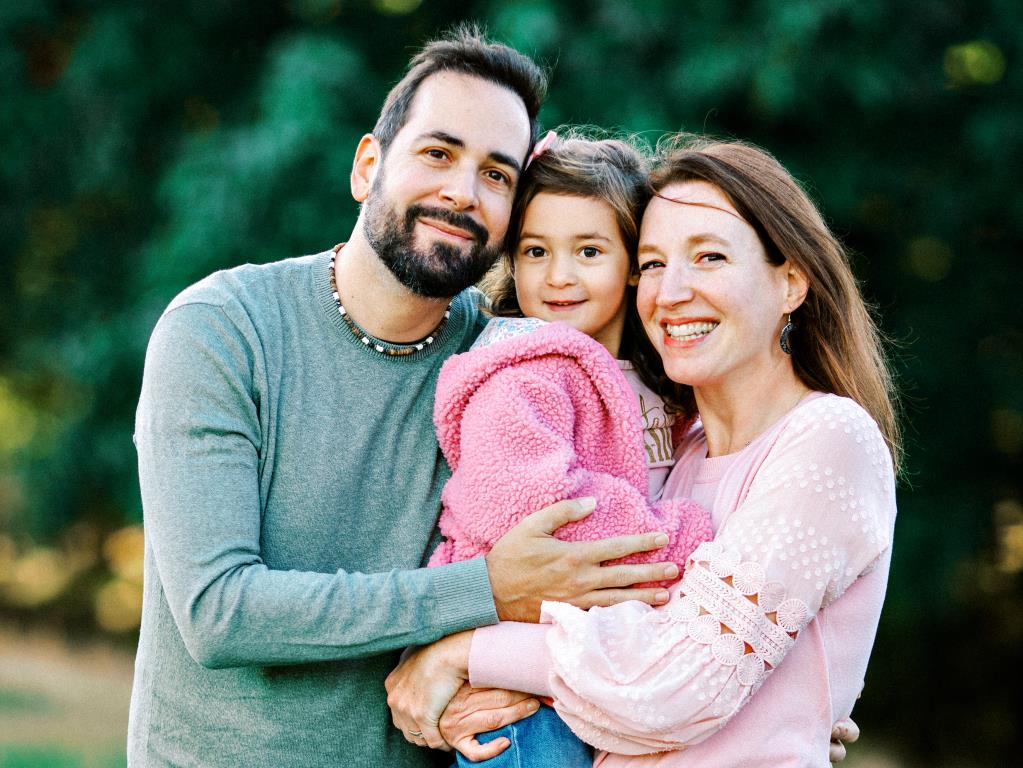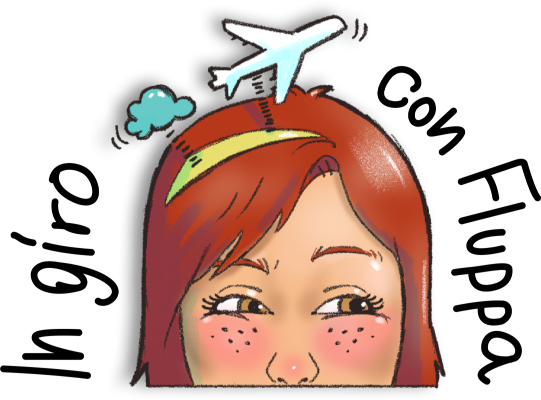
Moroccan cuisine is known for its dishes rich in spices and herbs, slow-cooked meats, and delicious couscous.
Here are the typical dishes you'll find everywhere:
Mint Tea: The mint tea ritual in Morocco is like coffee for Italians. It's a moment of pause, gathering, and a sign of hospitality. Always served with lots of fresh mint leaves in beautiful silver teapots and small glass cups.
Tajine: This term doesn't refer to a specific dish. The tajine is actually the cone-shaped pot, usually made of ceramic or clay, in which the food is cooked. So, a tajine can be any food cooked in that pot, usually meat or fish with vegetables, slow-cooked over charcoal or fire to become super tender. My favorite is the lemon chicken tajine.
Brochette: These are classic meat skewers (chicken, beef, or lamb), served with bread and harissa.
Couscous: No introduction needed, couscous is Morocco's national dish and now famous worldwide. Always served with vegetables and some type of meat, don't underestimate the portions: a plate of couscous can easily fill you up!
Khobz: This is Moroccan bread, a round and thin loaf baked in a wood-fired oven, typically accompanying main dishes.
Chicken Pastilla: This is a puff pastry pie filled with chicken, almonds, and spices, topped with powdered sugar. The chicken/sugar combination isn't for everyone, but once you get past the initial shock, it's quite delightful.
Tanjia: Like the tajine, the tanjia is named after the clay pot in which it's cooked and consists of beef, chicken, or lamb with herbs and spices. The tanjia is cooked in wood ash, taking longer to cook than the tajine, as the meat needs to reach a delicious confit texture while staying intact.
Kefta: These are meatballs made of minced beef or lamb, served with couscous, vegetables, and various spices.
A special mention for Moroccan breakfast: in all the Riads we stayed at, we had a great breakfast, freshly prepared by the women of the Riad. Fresh fruit juices, Baghrir (a type of soft pancake served with honey), warm bread, crêpes, jams, yogurt, and the inevitable mint tea.
NOTE: If you go to Marrakech, avoid the street food in Jmaa El Fnaa square. Our guide advised us against eating there because the food isn't necessarily fresh.
Also, avoid drinking tap water; you'll find bottled water everywhere (tap water is fine for brushing your teeth, at least we had no problems).
Do I need to book restaurants?
It depends on where you are and the type of restaurant.
In Marrakech, for example, there are some well-known rooftop bars and restaurants that need to be booked in advance, while smaller, family-run places usually accept walk-ins, and often you'll see someone outside inviting you in.
If you lay your eyes upon a particular restaurant, to avoid disappointment, I recommend checking their website or Instagram page to see if they have a reservation policy.


















